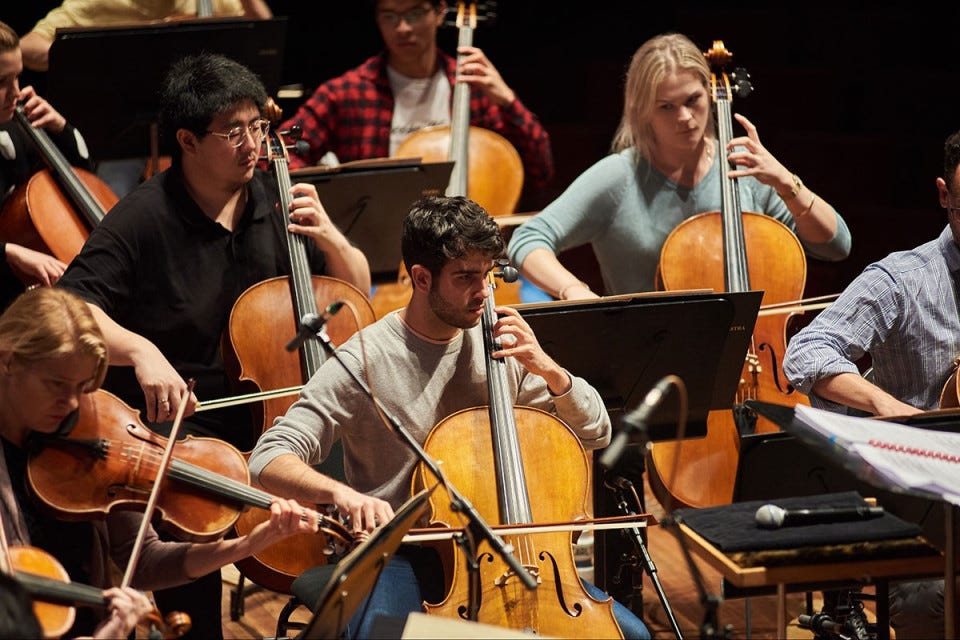Heather Mac Donald is a New York Times bestselling author. In her latest book, "When Race Trumps Merit: How the Pursuit of Equity Sacrifices Excellence, Destroys Beauty and Threatens Lives," she describes how the creeping poison of woke actism works to destroy western culture and to ruin people's careers. This is happening today in the USA. She ends wi…
Keep reading with a 7-day free trial
Subscribe to Leidmotief | Leitmotif to keep reading this post and get 7 days of free access to the full post archives.




